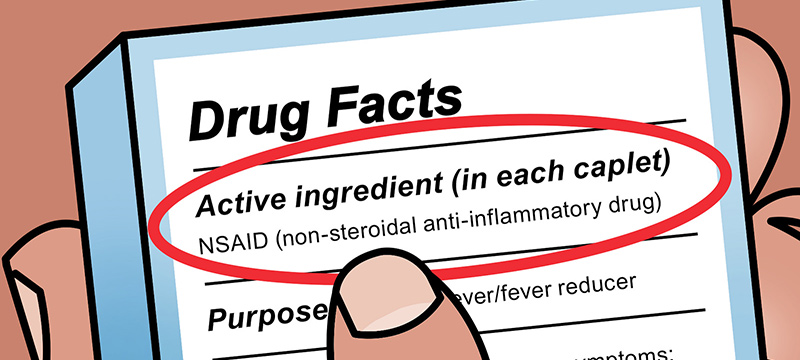Introduction
Non-steroidal anti-inflammatory drugs (NSAIDs) are a broad class of agents with analgesic and anti-inflammatory properties that inhibit the two recognized isoenzymes of prostaglandin synthase (also known as cyclo-oxygenase (COX))—namely, COX 1 and COX 2.
Reports of cardiovascular adverse reactions began to emerge in 2000-03, and subsequent placebo controlled trials showed that the newer COX 2 inhibitors were associated with an increased risk of heart disease and vascular events.
Later studies began showing that use of the older NSAID’s are also associated with an increased risk of heart failure by two-fold or higher. In the light of this evidence, current guidelines limit the use of NSAIDs in patients predisposed to heart failure, with a full contraindication for patients with diagnosed heart failure.
This large study confirms the increased risk of congestive heart failure in patients taking NSAID’s and also confirms the the risk is dose dependent. We always thought the risk of taking NSAID’s was GI bleeding, particularly in the elderly, but unlike aspirin, NSAID use has a net negative effect on vascular function and thus should be taken with caution.

